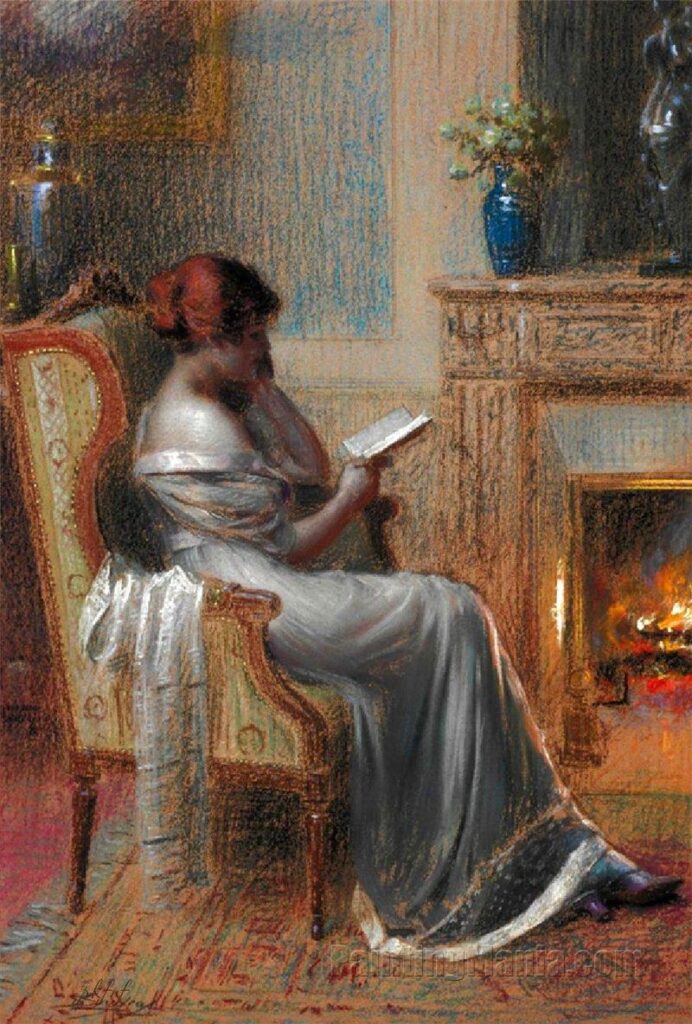Thursday
In the dedication to my new book I write, “To Julia, from the man who loves the pilgrim soul in you.” In doing so, I know that I am slightly misusing W.B. Yeats’s “When You Are Old and Gray” since the Irish poet is writing to a woman who rejected him while I have been married to Julia for 51 years. Nevertheless Julia, like Maud Gonne, is now old and gray (as am I), and she too has what could be called a pilgrim soul. Here’s the poem in full:
When you are old and gray and full of sleep,
And nodding by the fire, take down this book,
And slowly read, and dream of the soft look
Your eyes had once, and of their shadows deep;
How many loved your moments of glad grace,
And loved your beauty with love false or true,
But one man loved the pilgrim soul in you,
And loved the sorrows of your changing face;
And bending down beside the glowing bars,
Murmur, a little sadly, how Love fled
And paced upon the mountains overhead
And hid his face amid a crowd of stars.
Is Yeats imagining that Gonne is regretting not having accepted the poet’s marriage offer? Perhaps. But he also seems to be acknowledging something she herself told him, that she served his purposes far better as a muse than she would have as a companion. She is quoted as having said to him,
you make beautiful poetry out of what you call your unhappiness and are happy in that. Marriage would be such a dull affair. Poets should never marry. The world should thank me for not marrying you.
As a result of the rejection, Yeats “paced upon the mountains overhead/ And hid his face amid a crowd of stars.” In other words, he attained lyrical poetic heights that a dull marriage might have blunted.
I am no lyrical poet so a dull marriage is fine with me–although I wouldn’t characterize our marriage as dull, even though it appears to the world as fairly conventional. That’s because I know, in a deep way, that Julia has a pilgrim soul. Propelled by a spiritual belief that she can help others touch their best selves, she gives her entire self over to teaching and mothering and grandmothering and community service and prayerful meditation. I sensed this when we first met at Carleton College all those years ago, but it has taken growing old and gray together for me to fully appreciate it.
So now, when we are sitting before our fire—or in the summer, on our screen porch overlooking Lake Eva—I sometimes watch Julia bending over a book and experience a wave of tenderness and admiration. The poem helps me frame what I am seeing.


